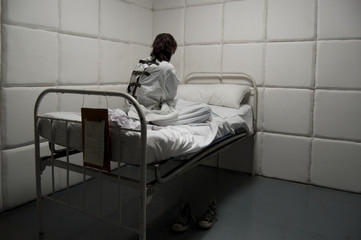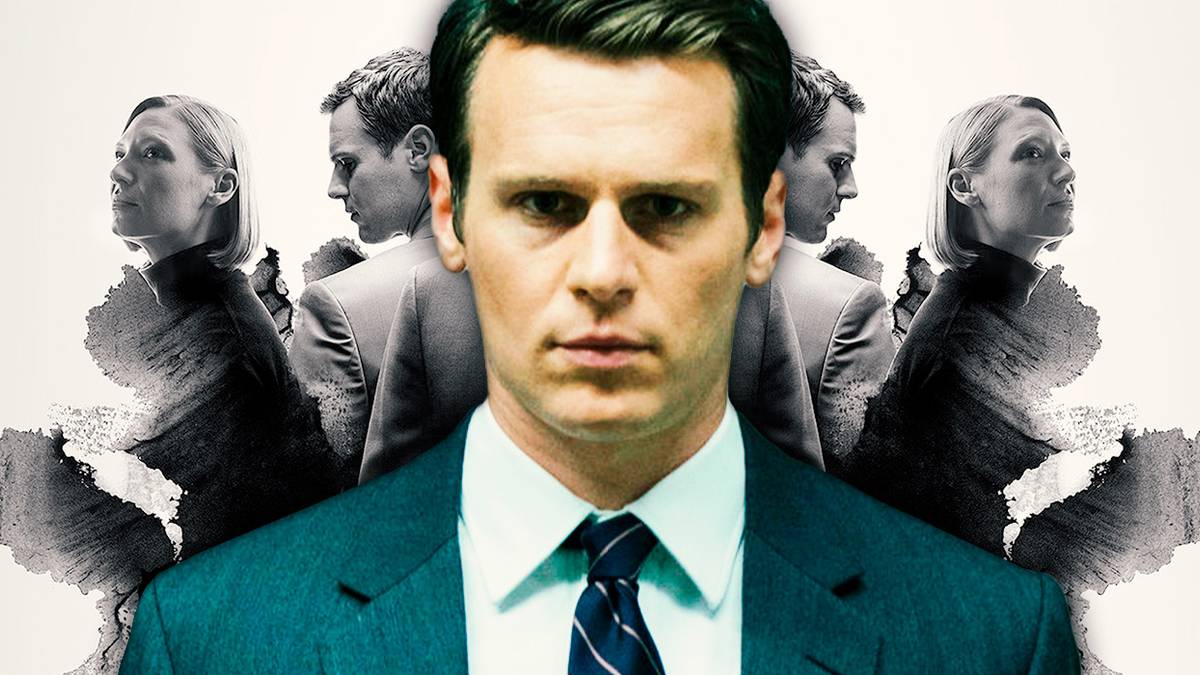You probably know one person in your life that likes True Crime. Heck, you might be like me and like it yourself. So then you’ve probably seen the memes, heard the jokes, “People who like True Crime are psychos. They love violence.” But if you’re like me, you know that’s not the case. It’s all about preparation for the worst case scenario.
Now not all True Crime lovers have experienced their own trauma. Some people just have a fascination with the criminal mind – what in God’s name happens to people to make them want to take another’s life? I’m sure you’re already aware that psychology is a relatively new concept. ‘New’ meaning that in the 70s people avidly avoided therapy because “nothing is wrong with them.” Not long before that it was lobotomies and mental institutions for hysteria. Thankfully we now live in an age where therapy is becoming a part of every day life. Nothing has to be “wrong” with you to seek the help of a professional. But since we are still in the baby years of psychology… that is often still what draws people to therapy.
In my first draft of this article I wrote about the Netflix show Mindhunter. I’ve since gone back to rewatch it, and it epitomizes the concept I’m trying to convey. The show refers to a theory by French sociologist Émile Durkheim – that if something is wrong in our society, then criminality is a response to it. If you haven’t watched the show, they explore the new [for the time] concept of serial killers. Never before in law enforcement records has someone performed sequence killings. In order to understand this new phenomenon, detectives pair with a psychologist and interview convicted serial killers about their history – the history behind what made them who they are.
I think this is why people are drawn to True Crime. We have a moral fascination of what drives someone to commit the unthinkable. Whether you’ve been privy to violence firsthand or not. But the True Crime viewer (save some questionable exceptions) does not lust after violence. They are training and preparing their brain for what it would be like to come into contact with someone who thinks this way. Or maybe they are educating themselves so that they do not raise humans with ignorance as to how their actions as caregivers can affect someone.
“Try understanding [him] instead of trying to dominate [him]. Look for common ground. Find commonality.” – Mindhunter
This quote is not for the a victim experiencing a narcissistic oppressor. But it rings true to those of us who do have the emotional strength to explore these questions. Incarceration is our answer for when things have gone terribly wrong, but is there a way to nip it in the bud from the beginning?
Back to the budding of psychology… our scope of the narcissistic parts of humans is also expanding. We all hold narcissism inside of us, but it is on a spectrum. What we have come to know as narcissism, the lack of empathy, and potentially a psychopath, has completely taken off since the day of lobotomies. That does not mean it is the duty of everyone to empathize with their perpetrator.
Another thing I have learnt in all my watchings of True Crime is just how much power law enforcement has to intervene. During these documentaries we are privy to law enforcement evolution. Before the time of computers, there was minimal sharing of criminal transcripts across state lines. This would have to come at the intuition of police officers to request the information, and not always shared upon request. Now in our day and age, criminal databases are more accessible. Parallels can be drawn from characteristics of one case to another – maybe even the perpetrator committing both. Even still, in our time, police cannot intervene without probable cause. In the case of domestic disputes or family assaults these lines become even more difficult. I do hope with the help of psychology, this evolves with time.
It is because of this that I find comfort educating myself with True Crime. As a recipient of violence from a loved-one I have continuously sought answers for the experience. What about the person made them want to do this? Why did the police leave me feeling unhelped and confused? When one does not have the guts to seek direct professional help to unpack these answers, True Crime can be a way to educate ourselves. To protect ourselves. To understand the minds that baffle what is morally and socially right.
So the next time someone near you has a love for True Crime, unpack the reasons they might be choosing to learn about this. It is not about the love of violence, it is about mental preparation, shared experiences, and safety.
Written by: Volante Matheson
Contact: vmatheson1@my.bcit.ca





